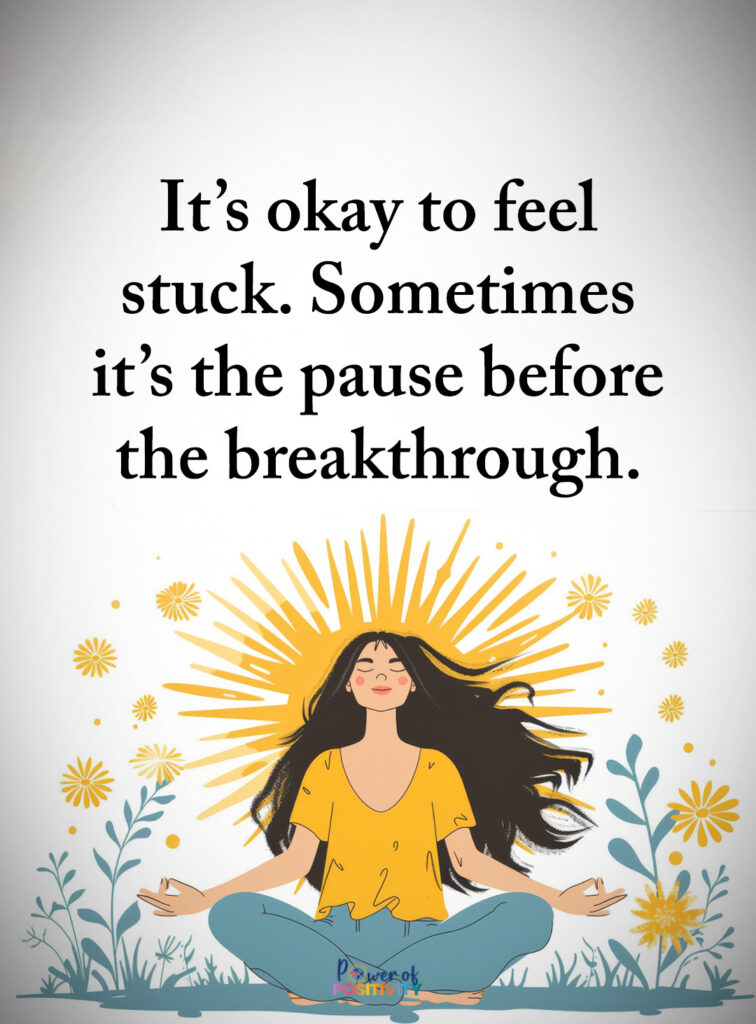Life today already feels fast, but future tech is about to make it even smoother. It’s no longer just about phones, apps, or smart speakers — technology is starting to blend into every part of daily life. From AI helpers that know your schedule to materials that fix themselves, the tools we once called futuristic are becoming real.
Every new invention brings both comfort and responsibility. Homes will manage their own energy, cars will drive themselves, and health devices will catch problems before you feel them. But as life becomes more connected, it also raises new questions — how much control will we keep, and how can we use these tools wisely?
The future isn’t waiting decades to arrive — it’s unfolding right now.
Let’s look at the most powerful future tech shaping how we’ll live, work, and connect in the years ahead.
Smarter Homes, Smarter Living
Home life is changing fast, and future tech is turning ordinary spaces into smart, responsive environments. Instead of you adjusting the lights or thermostat, your home will quietly do it for you.
1. AI-Driven Home Management
Smart homes will act more like helpful assistants than machines. Voice-controlled devices will grow into full home managers that:
- Keep track of groceries and order refills automatically.
- Adjust room temperatures based on your habits.
- Run maintenance checks before problems occur.
You won’t need to remind your home what to do — it will simply know. Sensors will learn your patterns, from your morning coffee time to your bedtime routine, making daily life easier and smoother.
2. Self-Sustaining Architecture
Homes won’t just be smart — they’ll be self-sufficient. Future buildings will:
- Create their own power with solar walls and energy-harvesting floors.
- Use materials that fix cracks and control light or heat on their own.
- Recycle air and water to reduce waste.
Each home will become its own ecosystem, cutting energy costs while caring for the planet.
3. Emotional Design and Wellness Tech
Technology will also care for mental well-being. New systems will:
- Adjust lighting to match your mood.
- Play calming sounds when stress levels rise.
- Offer “wellness pods” that track your breathing and heart rate for relaxation.
Every detail will aim to keep you healthier and happier, showing how future tech can make comfort both smart and personal.
Health and Longevity Reinvented
Staying healthy won’t just mean visiting the doctor — it’ll mean your tech works alongside your body every day. Future tech in healthcare is shifting from treatment to prevention.
1. Predictive Healthcare and Smart Diagnostics
Wearable devices are becoming mini health stations. Soon, they’ll:
- Track your heart, sleep, and oxygen in real time.
- Spot unusual patterns before illness develops.
- Send updates directly to your doctor.
Early detection will save both lives and costs, turning medical care into something proactive instead of reactive.
2. Personalized Medicine Through Genomics
Medicine will no longer be one-size-fits-all. With genetic testing, doctors can:
- Identify what treatments fit your DNA.
- Adjust medication to reduce side effects.
- Prevent diseases based on genetic tendencies.
This level of care means better results and faster healing.
3. Biotechnology and Regeneration
Science is pushing healing further than ever. Researchers are working on:
- 3D-printed organs that can replace damaged ones.
- Regenerative stem-cell therapies that rebuild tissue.
- Tiny nanobots that repair cells from the inside.
These advances show how future tech isn’t just about machines — it’s about giving humans longer, healthier lives.
As health becomes smarter, our cities will follow — learning, adapting, and building a safer world for everyone.
Intelligent Cities and Sustainable Mobility
Tomorrow’s cities will think for themselves. With the rise of future tech, urban spaces are being designed to move, grow, and respond like living systems.
1. Autonomous Transport Systems
Traffic jams and long commutes may soon be problems of the past. Here’s how:
- Self-driving cars will communicate to prevent accidents.
- Drone taxis and hyperloop trains will shorten travel times.
- Shared autonomous rides will make owning a car optional.
Cities will move faster, cleaner, and more efficiently than ever before.
2. Green Urban Infrastructure
Buildings and roads will help clean the planet. The next generation of infrastructure will:
- Use solar panels built into sidewalks and windows.
- Grow vertical gardens on walls to purify the air.
- Turn waste into energy using compact recycling hubs.
These green systems will reduce pollution while making cities healthier to live in.
3. Data-Driven Urban Planning
City management will rely on smart data. Systems will:
- Track air quality, traffic, and energy use instantly.
- Send alerts for maintenance before problems arise.
- Adjust public transport routes based on real-time demand.
All of this will make city life smoother, safer, and more sustainable.
As our cities learn to think, technology is also reshaping how we think — changing what it means to be human in a digital age.
The Human-Tech Connection
People and machines are getting closer than ever. Future tech is building new bridges between thought, creativity, and emotion.
1. Neural Interfaces and Brain-Controlled Devices
Technology that reads brain signals is already being tested. In the near future, people will:
- Type or control devices using only their thoughts.
- Move robotic limbs with natural precision.
- Unlock new forms of creativity and accessibility.
For those with disabilities, this could bring independence once thought impossible.
2. Augmented and Virtual Reality in Daily Life
Reality will expand beyond what we see. Everyday uses will include:
- Glasses that translate speech instantly.
- AR overlays that guide you through stores or cities.
- Virtual classrooms that feel like face-to-face lessons.
Work, learning, and play will blend into seamless digital experiences.
3. The Rise of Digital Companions
AI companions are becoming more lifelike. Soon, they’ll:
- Hold meaningful conversations with emotional understanding.
- Offer personalized advice, reminders, or therapy.
- Act as creative partners that grow smarter over time.
Technology won’t just serve us — it will connect with us.
But while convenience grows, so does the need to protect our values, our privacy, and our humanity.
The Ethics of Tomorrow
As future tech becomes more powerful, we’ll need to think carefully about how it’s used. The main questions will be:
- Who controls the data collected by smart devices?
- How can AI make life-and-death choices safely?
- What rules keep innovation fair and secure?
New digital laws will help define ownership, privacy, and accountability. Schools will teach tech ethics alongside coding so people understand not just how to use technology, but how to use it responsibly.
The goal isn’t to stop progress — it’s to guide it. When used wisely, innovation can strengthen trust, protect rights, and create a safer digital world.
The conversation ahead isn’t about replacing people with machines. It’s about using technology to help humans live more meaningful and balanced lives.
Everyday Life in 2050: A Glimpse Ahead
Each morning may start with gentle sunlight from a smart window that knows your sleep pattern. Breakfast ingredients are restocked automatically, your car drives itself to work, and your health app confirms your vitals are normal.
At work, repetitive tasks are handled by robots, freeing people to think creatively. Afterward, dinner might come from a nearby indoor farm powered by clean energy. Your home filters air, recycles water, and sends extra power to the grid — proof that comfort and sustainability can live together.
Family calls happen in holograms, and your digital assistant helps with reminders or learning goals. Everything feels connected yet simple.
These changes sound futuristic, but much of this future tech already exists in early form — waiting to shape daily life within a generation.
Final Thoughts on Living in the Tech-Powered Future
The future won’t just be about smarter gadgets — it’ll be about better living. With future tech leading the way, homes, hospitals, and cities will work together to make life safer, easier, and more meaningful.
The key is finding balance. Technology should support human connection, not replace it. When guided by responsibility and empathy, innovation becomes more than progress — it becomes purpose.
The next chapter of human life is being written now. The question is no longer when it will arrive, but how well we’ll choose to shape it.














